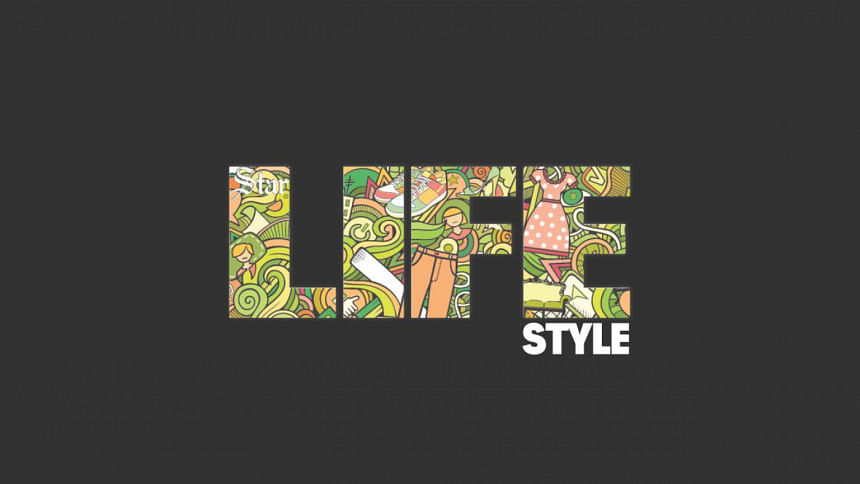Ensuring safety measures while piercing the body

It has been in fashion for a long time, and body piercing in Bangladesh is now more popular than ever. While in the past we were accustomed seeing people with earrings and nose-pins, youngsters now also flaunt their pierced eye-brows, lips, and tongues. Pierced nipples and genitalia are also not unheard of.
As physicians we are concerned with the safety of these procedures. The aforementioned body parts are quite sensitive and to avoid chances of an infection the piercings must be done under trained individuals taking proper safety precautions.
Before doing the piercing, it should be made certain that the individuals is not suffering from diseases like diabetes, skin rashes, any kind of lump in the area considered, blood disorders, hypertension or a low immunity, or a skin type that may be prone to keloid formation. Having these conditions may interfere with the healing process.
The most serious risks are possible infections, allergic reactions, prolonged bleeding, damage to nerves, or damage to the surrounding area like teeth, in case of oral piercings. Infections may be caused by bacteria, hepatitis virus, tetanus, and yeast. The pierced skin may come in contact with these organisms during or after the piercing.
First, you have to choose an experienced professional. When you get there, make sure the room is clean, the instruments sterile, and the person doing the piercing is wearing gloves. Ensure that you have taken the medication necessary prior to the piercing and local anaesthesia is used if necessary.
Proper jewellery must also be selected. While piercing the naval, non-allergic metal like 14 karat (or above) gold, or a nickel-free alloy should be chosen. Make sure the jewellery is sterilised before being introduced. The area should then be cleaned and an ointment applied afterwards.
It must be considered that the different parts of the body heal at different rates and at times, the whole process may take even up to a year. If there is too much pain, swelling, or pus formation in the pierced area a physician should be consulted immediately.

 For all latest news, follow The Daily Star's Google News channel.
For all latest news, follow The Daily Star's Google News channel. 



Comments